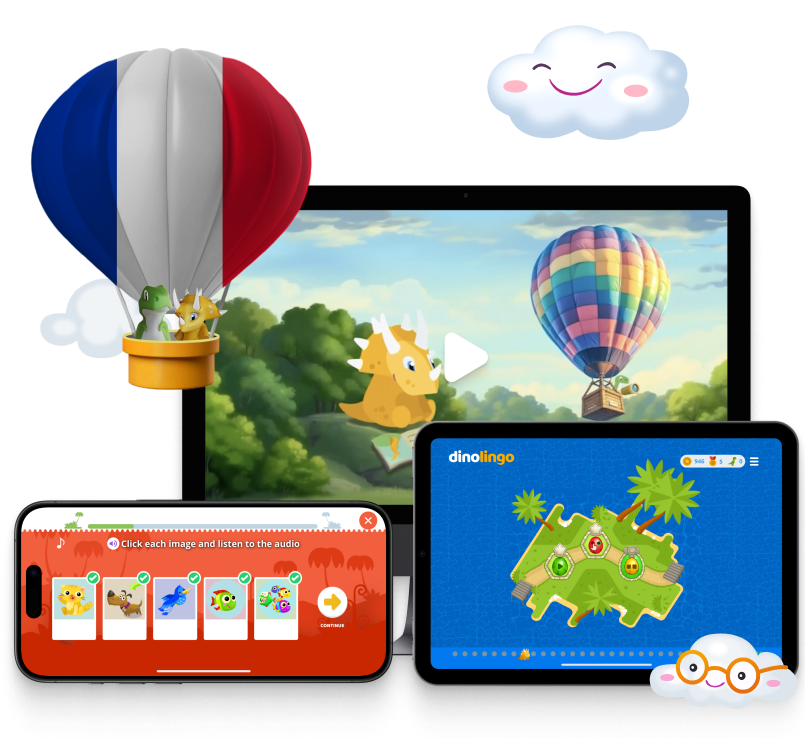How to Teach Your Child French: A Comprehensive Guide for Parents
Teaching your child a new language, like French, can be an exciting adventure and an immensely rewarding experience. As the second most widely learned language after English, French opens up numerous doors to global culture, travel, and job opportunities. Here’s a detailed guide on how parents can effectively introduce their child to the French language.
1. Start Early
The best time to start learning a language is at a young age. Children’s brains are especially receptive to language learning before the age of six. Start by introducing simple French words and phrases related to everyday life, like numbers, colors, and common greetings.
2. Use Interactive Learning Tools
Leverage interactive tools that make learning fun and engaging. Apps like Duolingo or Rosetta Stone offer child-friendly interfaces that teach French through games and puzzles. Dinolingo, especially popular among younger learners, provides activities and visual learning resources that are tailored for children.
3. Incorporate Multimedia Resources
Expose your child to French through various multimedia resources. Watch French cartoons, movies, or children’s shows together. Listening to French songs or nursery rhymes can also enhance their understanding and pronunciation.
4. Engage with Books
Start with French picture books and gradually move to more complex storybooks as their comprehension improves. Reading helps in expanding vocabulary and improving language structure.
5. Practice Speaking Regularly
Encourage regular practice by speaking French at home. You can designate certain days or specific times when only French is spoken. This immersion technique is highly effective in enhancing fluency.
6. Attend Language Classes
Consider enrolling your child in French language classes. Many community centers, libraries, and language schools offer programs tailored for children. These classes provide structured learning and an opportunity to practice French with peers.
7. Connect with Native Speakers
If possible, connect your child with native French speakers. This could be through community groups, language exchange programs, or online platforms. Conversing with native speakers can significantly boost their confidence and proficiency.
8. Make It a Family Activity
Learning French can be more effective if it’s a family commitment. If you learn and practice the language together, it not only motivates your child but also helps reinforce their learning.
9. Celebrate French Culture
Enhance the language learning experience by incorporating French culture into your activities. Cook French cuisine together, celebrate French holidays, or even plan a family trip to a French-speaking country.
10. Stay Patient and Positive
Language learning is a gradual process. Celebrate small victories to keep your child motivated, and ensure that the learning environment is positive and supportive.
Conclusion
Teaching your child French is not just about language acquisition; it’s about opening them up to a world of cultural richness and new experiences. By following these tips, parents can provide a solid foundation in French that benefits their child for a lifetime.
Incorporate these strategies into your child’s routine and watch as they become proficient in French, ready to embrace the opportunities that come with being bilingual.
Start Learning a New Language Today!
Best Language App for Kids.
7-day free trial. Then only $19/month. Cancel anytime.

